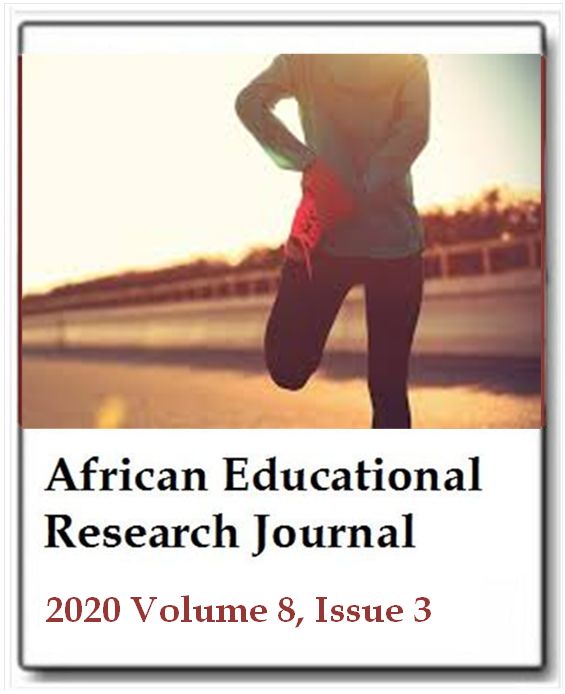Analyzing the relation between the sense of citizenship and global citizenship in the context of students of higher education institution
Alpay Bülbül and Gamze AkyolAfrican Educational Research Journal
Published: September 21 2020
Volume 8, Issue 3
Pages 640-648
DOI: https://doi.org/10.30918/AERJ.83.20.141
Abstract
The purpose of this study is to examine the effect of self-talk on motivation and performance of individuals by different variants. The sample of the research consisted of 233 athletes in total, 113 are women and 120 are men living in 30 different provinces in Turkey and interested in different branches in 2020. The ‘self-talk scale’, developed by Brinthaupt, Hein and Kramer (2009) and adopted to Turkish by Akın et al. (2010) which aims to assess the emotional, behavioral and cognitive aspects of the self-talk, was used as a data collection tool. The data obtained in the study were analyzed by using the IBM SPSS (Statistical Package for Social Sciences) for Windows 15.0 program. Number, percentage and frequency were used as descriptive statistical methods in the evaluation of data. According to the obtained data, significant differences between the age variant and ‘self-criticism’ which is the sub-dimension of self-talk scale, between ‘social assessment’ and ‘self-criticism’ which are the sub-dimensions of gender and self-talk scale, and between the level of doing sports and the sub-dimension of self-criticism” have been gained.
Keywords: Self-talk, athlete, motivation.
Full Text PDFThis article is published under the terms of the Creative Commons Attribution License 4.0

